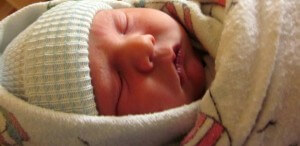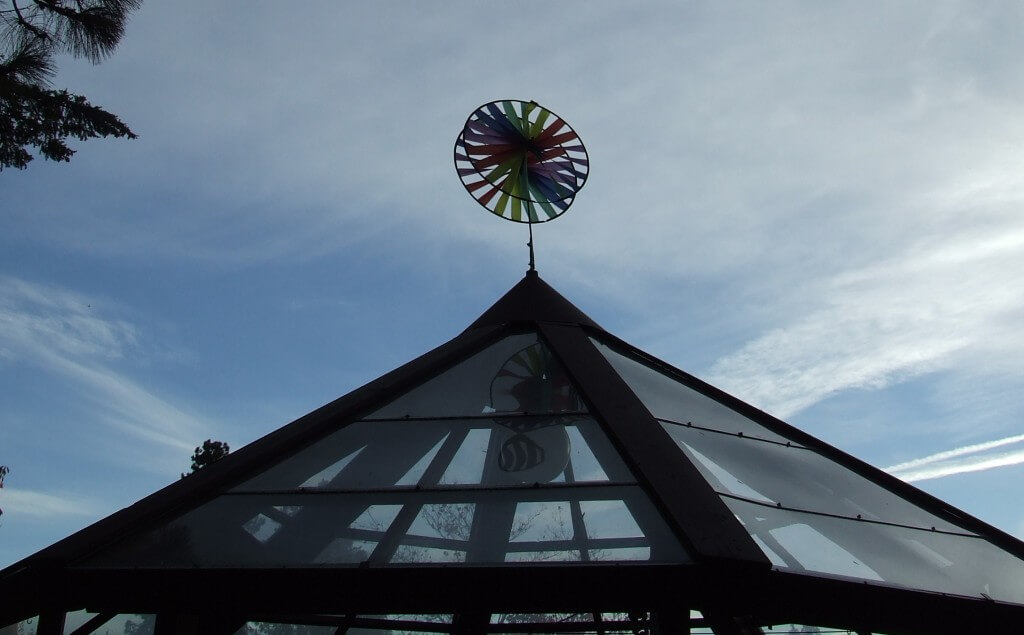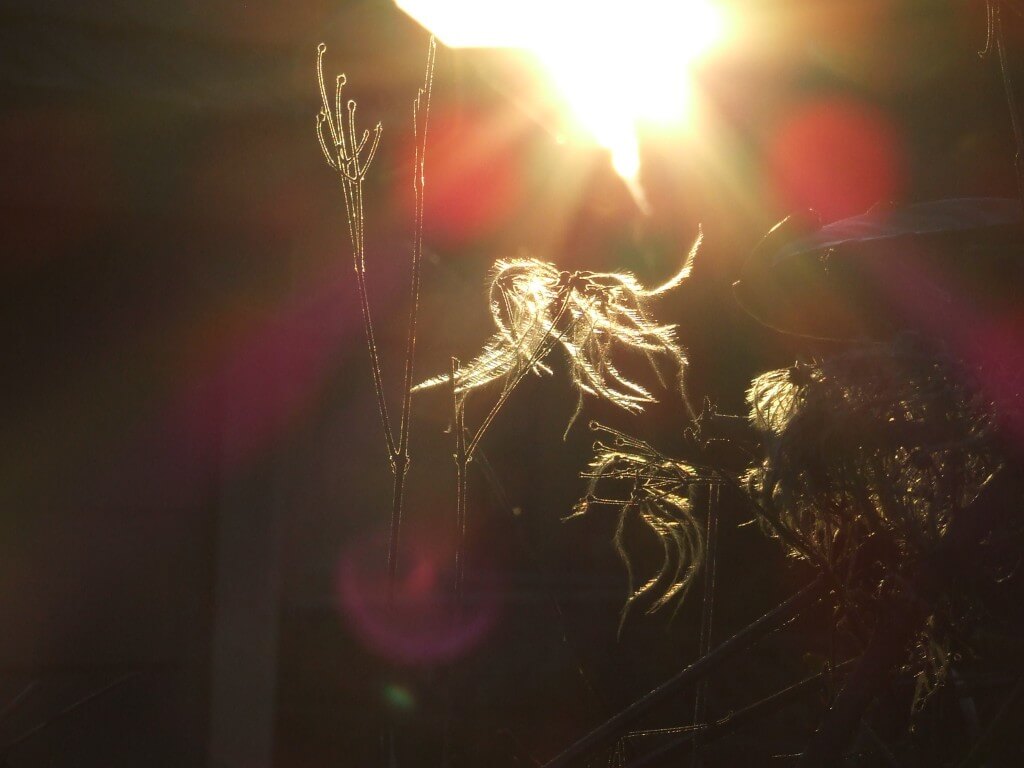-
Jesus and the Outcast
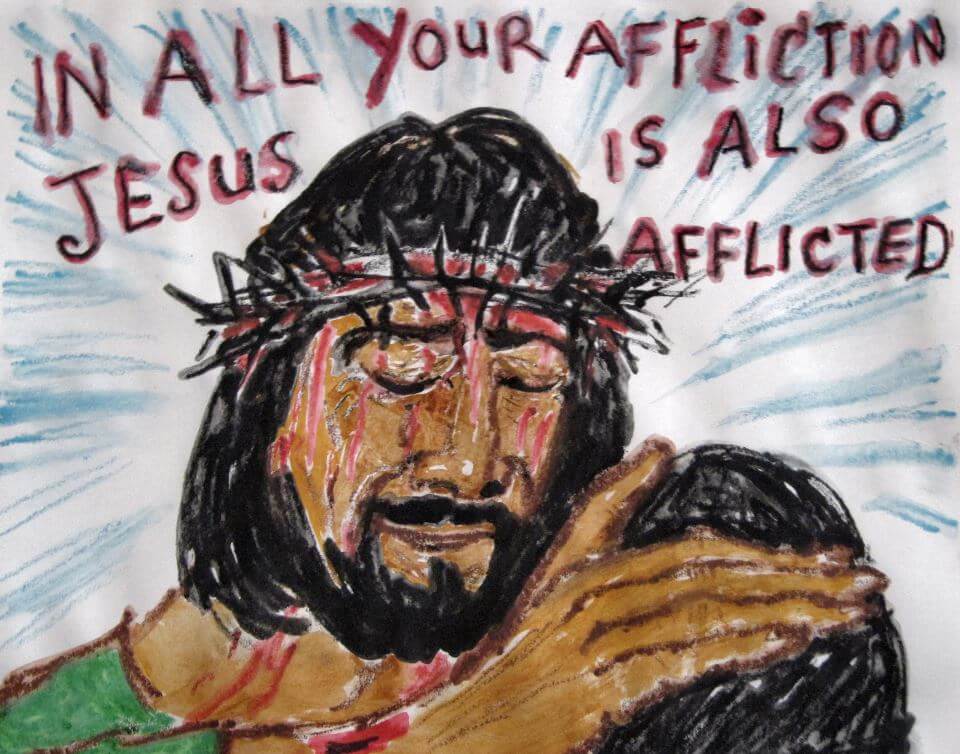 When Jesus looked at the people who followed him, he saw sheep with no leader—people who were considered outside of God’s blessing, God’s provision. They followed him because they were desperate for God’s touch and help. There were many who could not gain anything from the leaders in Jerusalem, because they were rejected and hated by God’s people. They were outcast and they gained nothing from God’s people. No one who was acceptable would go to their house. And Jesus knew that they needed him most of all.
When Jesus looked at the people who followed him, he saw sheep with no leader—people who were considered outside of God’s blessing, God’s provision. They followed him because they were desperate for God’s touch and help. There were many who could not gain anything from the leaders in Jerusalem, because they were rejected and hated by God’s people. They were outcast and they gained nothing from God’s people. No one who was acceptable would go to their house. And Jesus knew that they needed him most of all.
As Jesus was travelling around Galilee, from one synagogue to another, a man inflicted with leprosy came to Jesus. Leprosy was a skin disease that showed that one was judged by the evil one. Because of the infectious nature of the disease and because whoever had it was considered to no longer be a part of God’s people, lepers were forced to live out of Jewish settlements and to declare “Leper! Unclean!” whenever they came near others.
Rather than tell the leper to go away, Jesus listened to the leper as he said, “If you wish, Jesus, you could make me clean.” Jesus then touched the leper and said, “I do wish. Be clean.” Immediately, the man was cleansed. Jesus then told him, “You must follow the teaching of Moses. Go to the priest at the temple and have him declare you clean. And tell no one who cleaned you.” But the former leper told everyone about Jesus who would listen.
One of Jesus’ apostles was Levi, a toll collector. The Jewish people hated toll collectors and those who ruled over them, fir they were traitors to their own people. Jesus, though, called Levi, and asked him to go to his house to eat. For dinner that night, Levi called everyone he knew—tax collectors and sinners whom “proper Jews” would have nothing to do with. Some religious folk were there that night and asked why Jesus was welcoming and eating with these rejected people. Jesus replied, “If you are a healer, you hang around sick people. Even so, if I am called to tell people to repent, I can’t hang around with people who think of themselves as good—I need to be with those who know they are sinners.”
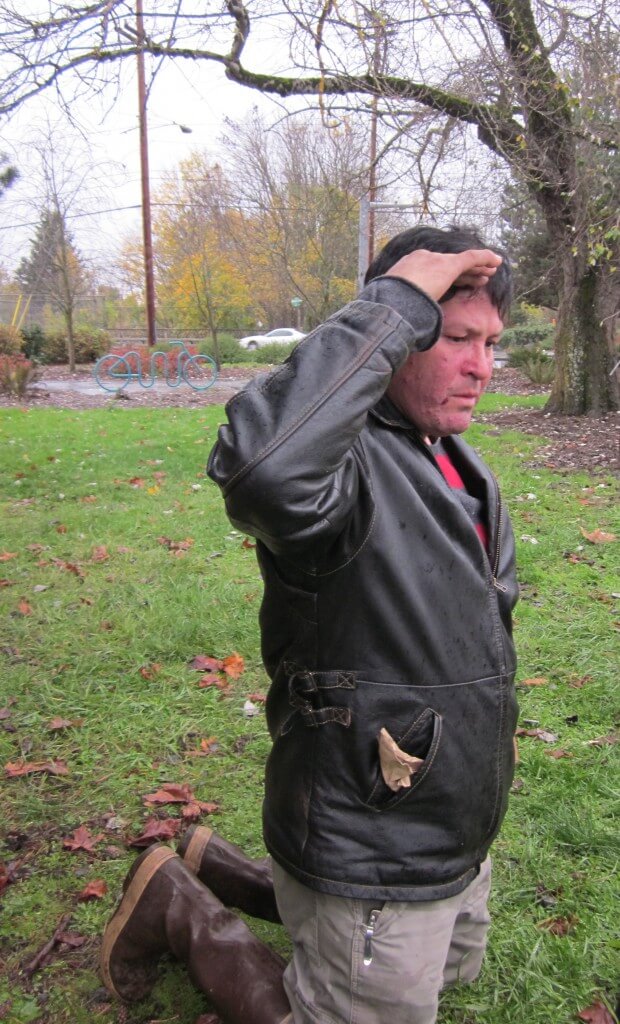 Jesus told the crowds a story. “There was a man who had a hundred sheep. One evening he counted his sheep and found there was one missing. So he left the ninety-nine that were there to find the one. He looked everywhere for him. When he found the one, he held it on his shoulders and told all his neighbors, ‘Rejoice with me—the sheep I had lost is found!’ In the same way, God rejoices when a single sinner comes back to him more than ninety-nine who never left.”
Jesus told the crowds a story. “There was a man who had a hundred sheep. One evening he counted his sheep and found there was one missing. So he left the ninety-nine that were there to find the one. He looked everywhere for him. When he found the one, he held it on his shoulders and told all his neighbors, ‘Rejoice with me—the sheep I had lost is found!’ In the same way, God rejoices when a single sinner comes back to him more than ninety-nine who never left.”
Jesus told another story. “There was a man who had two sons. The youngest son demanded his inheritance early and left home and spent all his money doing evil things. Over time, he ran out of money, and then there was a famine in the land. He got a job feeding unclean animals, and the only food he was able to get was sharing the animals food. Finally, he came to his senses and said, ‘I will go home—even the lowest slave there lives better than I. I will apologize to my father and offer to be his slave.’ When he was close to home, his father saw him and ran up to meet him and hugged him. The son apologized, and offered to be his slave, but the father would have none of that. Instead he held a party.
“That afternoon, as the party was starting, the other son who was in the field working heard the commotion, and asked a servant what was going on. The servant told him that his brother had returned and his father was having a party. The older son was incensed and refused to go in. The father heard of this, and asked the older son why he was angry. The older son said, ‘I’ve been here all these years working for you, and you never held a party for me—why should you for this ungrateful son who sinned with your money?’ The father replied, ‘Son, all I have is yours. But your brother was dead and now he is alive—shouldn’t we celebrate that?’”
-
Beginnings
Before this, there was nothing. Then, poof! (or Bang!) there were heavens and earth. The two basics of all life. Sky and ground. Ceiling and floor. Up and down. These are the two basics of many cosmos origin stories. Some say that life was created from the union of these two basic elements. Of all the ancient cosmos origins, only the Hebrew one declares that all that we know was created by an outside entity: God, who is both outside and greater than earth or heaven, and they are both submitted to him for He is the maker of both.
And we know in the Bible that when God creates, his creation is Good. Yahweh, Elohim, the Creator, is neither evil nor is he the originator of evil. Nor is He the originator of chaos, of empty utility. When God finishes his creation, whatever it may be, he looks at it and says, “It is good.”
This does not mean that creation is perfect. There is still growth to be made, things to be named, enemies to subdue, difficulties to overcome and tests to either pass or fail. God’s creation is never a perfect creation. It is sufficient to grow in, it is sufficient for peace, it is sufficient for sustenance. But it can also fail, it can falter, it can become inadequate, it can potentially be destroyed. However, when everything begins, it is enough to be called “good”.
Thus, when the heavens and the earth were created, God looked at it and said, “it is good.” But at the beginning of God’s six-day creation, all was not good.
 The earth was formless and void, darkness was over the face of the deep, and the breath of God was over the waters.
The earth was formless and void, darkness was over the face of the deep, and the breath of God was over the waters.
The earth was not as God had made it in the beginning. It was empty, vanity, chaotic, purposeless: a wasteland. It had changes drastically away from the good that God had created. He created a good heavens and a good earth, but there is the earth being the very antithesis of the peace that God had intended in creation.
We will discuss how it got this way in another episode, but for now, let us look deeper at this inversion of creation, this chaos out of order, this void out of substance, this evil out of good. First, there is darkness. Darkness is not of God, but of the enemy of God, in fact, darkness can be seen as the opposite of God. God is light, in him there is no darkness at all. But on the earth, God’s creation, is no light whatsoever. It is completely dark.
Second, the earth is full of the deep. The deep is the Sea, the Ocean, full of darkness, chaos and insanity. The deep is the enemy of earthly creation, a horror story in and of itself, in opposition to God’s creation. Even though the Sea itself is a creation of God, yet the deep pits itself against all other forms of God’s creation, leaving only destruction in its wake. No one can determine the motivations of the sea, no one can understand it. None except God travels into the deep, and only God dares to move His wind, his breath, his power over the top of it.
In the first verse God created all the cosmos in good and strength. By the second verse, all is darkness and chaos and waste and horror and monstrosity.
 And God said, “Let there be light.” And there was light and God saw that it was good. And God separated the light from the darkness. God called the light day and the darkness night.
And God said, “Let there be light.” And there was light and God saw that it was good. And God separated the light from the darkness. God called the light day and the darkness night.
So God creates again. He creates something like Himself, something good, some light to be put in the darkness, some hope to be put into despair, some order put into the chaos, some mercy in the midst of hatred. God creates because it is in His nature to create. In the beginning God created out of nothing, out of emptiness. After that first creation, God’s creation only builds, re-forms, but never out of nothing again. God will never again wipe the slate completely clean. Something must be built out of something, even if that something is ruined, turned into evil.
Because evil is never purely evil. There is no such thing as pure evil. God created all things and he created them good. So evil is simply an attempt to be better than good, which is the same impulse God has. God also wants to see good improved. It is just that evil uses the means of destruction. Evil believes that weakness should be wiped away and then only the perfect will be left.
God believes that everything has its place, and that creation must be filled with weakness in order to firmly establish strength. So when God re-created, when He took back the earth from darkness and the deep, the enemies of God, he didn’t wipe darkness out. Instead, he gave darkness its proper place. To wipe out one’s enemies, that is the path of evil. God isn’t like that. Rather, he sets boundaries, and says, “Darkness, this is your place. But you can’t cross the border to this place. Stay there.”
God says to the Sea, “I am giving you a place on earth, but you may not have it all. You have a border, a limit. You stay in this place, you may not cross over.” Mind you, darkness and the Sea are forces of chaos. They will test these borders, they will attempt to cross over and wield destruction. But God always puts them back and says to them like a rebellious child, “No. This is your place. You may not cross over. Stay there.” And, like a rebellious child, they stay in their place until the next time they escape.
* * *
Our lives are God’s creation. We were started by God in the midst of this world. And quickly after our lives became chaotic, ugly, even horrific. We think we can fix it, but we find that fixing our lives is like placing darkness in a box, pushing the sea back with a bulldozer. It can’t be done. We don’t have the capacity for it.
Our only hope is to have God fix the darkness and chaos of our lives. To have Him re-create our world. But when He does that, he doesn’t get rid of the chaos or the destruction. Rather, he forms our lives so that the chaos remains in its place, it has a limit, it becomes manageable. Yes, sometimes the destruction escapes and gets out of our control. That’s when we need to call God, the Father, and ask him to put the rebellious child back in its place. The evil in our lives is still there. It is just limited. With God at our side, perhaps that is enough.
-
The Lucky Dogs
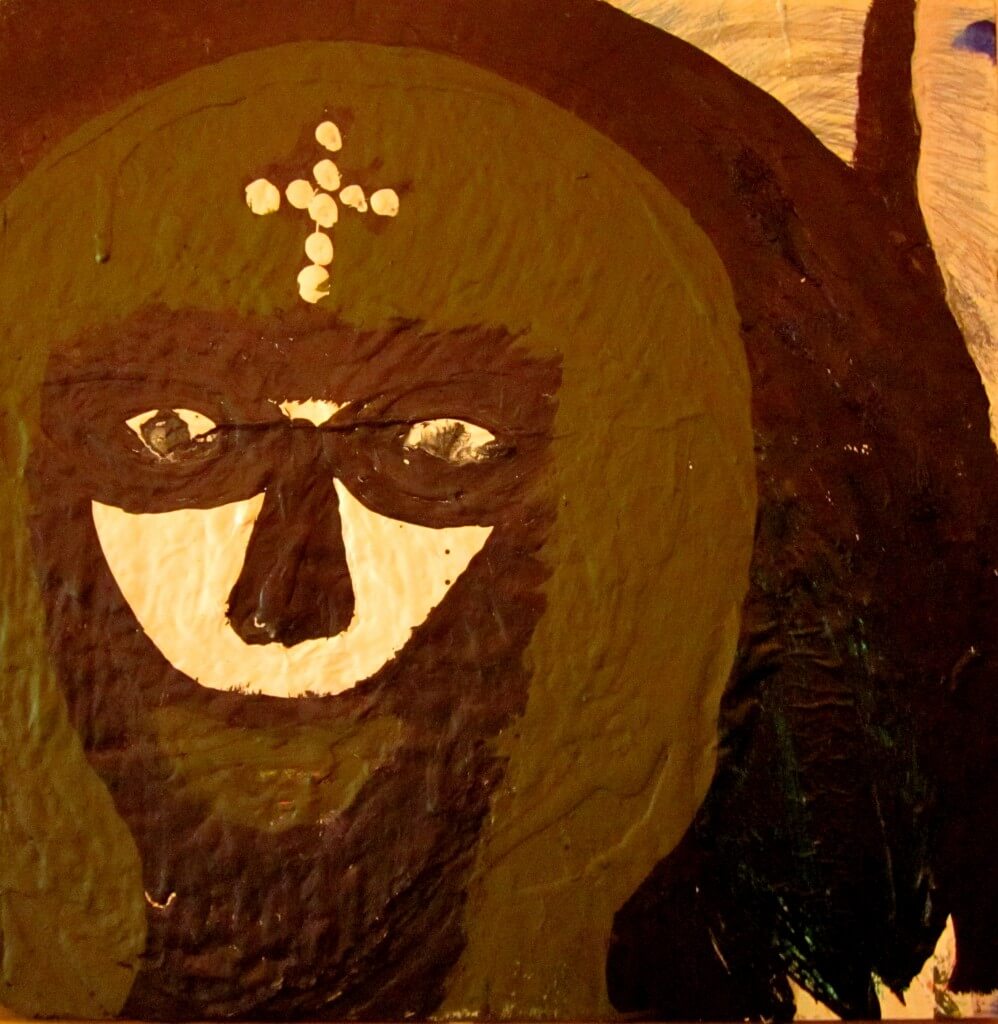 Ah, the poor— you lucky dogs!
Ah, the poor— you lucky dogs!
Because you are the owners of God’s kingdom.
How lucky are those who are presently hungry—
because God will make sure you have your fill.
How lucky are those who weep in this life—
because God will make you laugh.
How lucky are you, my disciples, when people hate you.
You are fortunate when they won’t have anything to do with you,
when they call you names and tear down your reputation.
When that happens— have a party! Jump for joy!
Because you are lined up with great things from God.
Because, you see, this is the way their type have always treated God’s prophets.
(Paraphrase of Luke 6: 20-24)To Get Lucky Like A Dog…You’ve Got to Get Treated Like One
When Jesus spoke these words in Luke 6, it says that he was speaking to his disciples. These are his students who memorized his sayings and spoke his message to the populace around. Some of these folks were sincere in following Jesus, while some were in the business for the prestige of being close to Jesus, of using his name to push their own agenda. Here, we see that Jesus fully recognizes that some of his disciples he fully approved of, while others he felt were compromisers. And the compromisers would receive none of the blessings.
The true disciples, say Jesus, are the anawim— the poor, the humble, the humiliated, the outcast. They are the ones who, as a result of preaching the gospel that Jesus gave them, end up in poverty, in hunger, in sorrow and completely disregarded. These are the true followers of Jesus, the true recipients of the kingdom of God.
The core of the church are the poor of the church. The needy, the desperate, the vulnerable, the beggars, the unviable, the set aside, the put down, the persecuted, the avoided, the shambles, the whispered-about, the isolated, the unworthy, the rejected– these disciples are what the church is all about. If the church cannot sincerely say, “We are the poor, the outcast”, then it is not Jesus’ church. This doesn’t mean that other disciples aren’t important. The poor and outcast need their supporters, and those who stand with and help the poor of Jesus are just as much a part of the church as the poor themselves. But without that core poor, without the persecuted heart of the church, it is not the body of Jesus.
Because Jesus was poor. Jesus was homeless. Jesus was rejected. And if we are following Him, then we will be treated like Him.
-
A Celtic Blessing
May the blessing of Light be on you
Light without and light within,
May the blessed sunlight shine on you
And warm your heart till it glows like
A great peat fire, so that the stranger
May come and warm himself at it,
And also a friend.
And may the light shine out of the two eyes of you,
Like a candle set in two windows of a house,
Bidding the wanderer to come in out of the storm.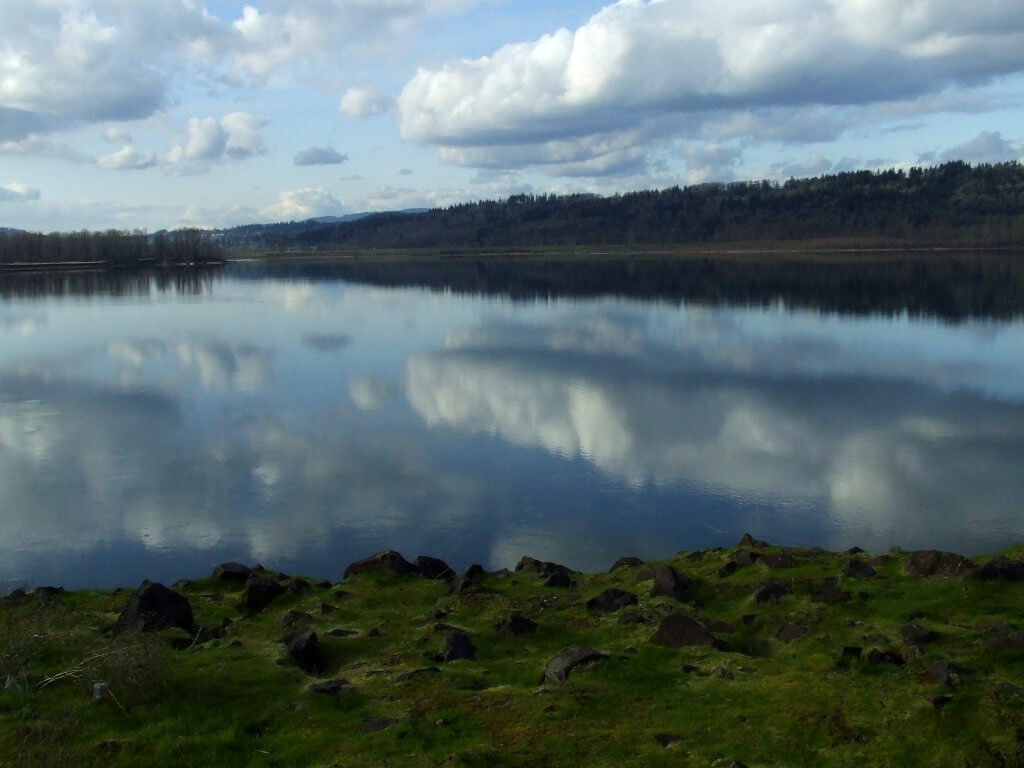 And may the blessing of the Rain be on you
And may the blessing of the Rain be on you
The soft sweet rain. May it fall upon your spirit
So that all the little flowers may spring up,
And shed their sweetness on the air.
And may the blessing of the Great Rains be on
You, may they beat upon your spirit
And wash it fair and clean,
And leave there many a shining pool
Where the blue of heaven shines,
And sometimes a star. And may the blessing of the Earth be on you
And may the blessing of the Earth be on you
The great round earth; may you ever have
A kindly greeting for them you pass
As you’re going along the roads.
May the earth be soft under you when you rest upon it,
Tired at the end of the day,
And may it rest easy over you when,
At the last, you lay out under it;
May it rest so lightly over you,
That your soul may be out from under it quickly,
And up, and off, and on its way to God.It’s not mine, I found it somewhere -Jeff
-
Madness
Jesus is the piper, and we are the children. He is leading us the asylum, so we can be mad for love as He is.
He provides rain and food to all, even to the ungrateful, even to the wicked.
Even so, we shall not ask, “Who is my enemy that I am to love?” Rather, we should see all people as enemies so we may lavish on them the love that only our enemy deserves.
We shall see all people as our neighbors so that we could give them all manner of things that they do not deserve.
We shall give praise to the criminal, so that they might repent from the kindness of God.
We shall bless those who threaten us and our families so that we might know the blessings of love.
We shall take those who take advantage of us and give them even more so that we might be filled with the riches of God.
We shall lay hands on those who deserve to be beaten and pray for their healing.
We shall embrace the sinner and offer them forgiveness.
Such is the madness of Christ! Embrace it! Do not allow yourself to be swayed by sanity, for the love of Christ compels us! Give in to the madness, for only in surrendering completely to mercy will we receive mercy!
Only in poverty shall we obtain the kingdom of God!
Only in making peace shall we be called the sons of God!
Only in embracing suffering shall we be heirs with Christ!
Clothe yourself with the madness of Christ!
And if the strains of love are so much that you go to bed each night as though beaten;
If you collapse under the weight of the burden of love;
If you cry out to mercy from God because you can no longer raise your head from love—
Then at least do this, do not harm!
Keep your silence rather than speak abuse.
Keep still rather than hit your brother.
Starve yourself rather than withhold bread from the hungry.
In this we shall learn the infinite patience and grace of God.
In this we are transformed in our minds.
In this we become saints.
In everything we do, we must love
In everything we don’t do, we must love.
Let us become drunk on the cup of love,
Rejoicing with those who rejoice
And weeping with those who weep—
Let the party begin!
3733 N Williams Ave
Portland, OR 97227
503.888.4453
AnawimCC@gmail.com
Ministry Locations and Times »


